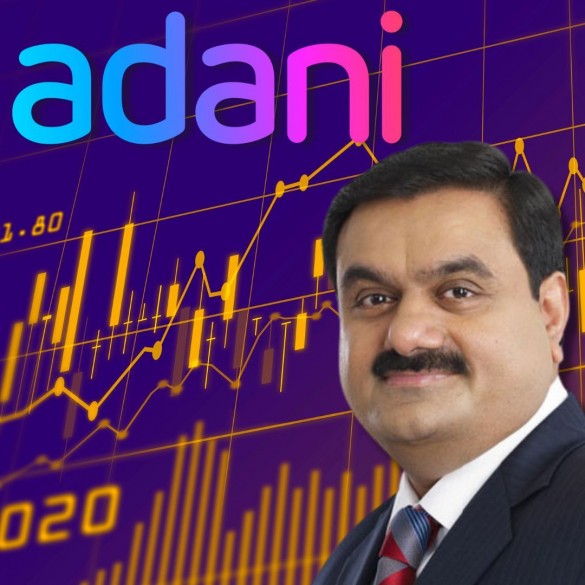
NEW DELHI: On Monday, the Securities and Exchange Board of India (SEBI) appealed to the Supreme Court for an additional 15 days to finalize its inquiry and present the progress update regarding the Hindenburg report's allegations against the Adani conglomerate. The scheduled submission deadline for the report was Monday.
Previously in May, the highest court had granted SEBI an extension until August 14th to conclude its investigation. Nonetheless, this extension fell short of the six-month period initially requested by the market regulatory authority to wrap up the investigation.
Furthermore, the court instructed SEBI to furnish a detailed report concerning its examination of potential breaches of the minimum public shareholding (MPS) norms by specific Adani entities. In line with SEBI regulations, publicly traded companies are required to maintain a minimum public shareholding of 25%.
In a submitted affidavit on Monday, SEBI revealed that it had initially approached international regulatory bodies on October 6th, 2020, in relation to the MPS investigation involving certain Adani enterprises. However, this affidavit did not inform the Supreme Court about the current status or outcomes of this particular investigation.
SEBI, on its part, agreed to present the most recent progress of the MPS norms case investigation, while emphasizing that a response given by the junior finance minister to Parliament in July 2021, which mentioned SEBI's examination of Adani group companies' compliance with its regulations, solely pertained to the MPS norms and held no connection to the Hindenburg report.
The regulator's statement was made in front of a panel led by Chief Justice of India, Dhananjaya Y. Chandrachud, in response to the controversy that arose following SEBI's affidavit on Monday, where it dismissed claims as "factually baseless" that it had been investigating the Adani group since 2016. In a concise affidavit submitted on Wednesday, SEBI clarified that its 2016 investigation centered on the issuance of Global Depository Receipts (GDRs) by 51 Indian listed companies, and none of the listed companies within the Adani group were implicated.
Unveiling the Intricacies: LIC's Resilience Amidst Adani Group's Stock Turmoil